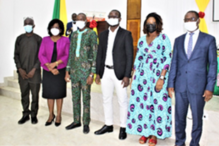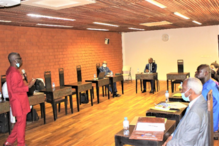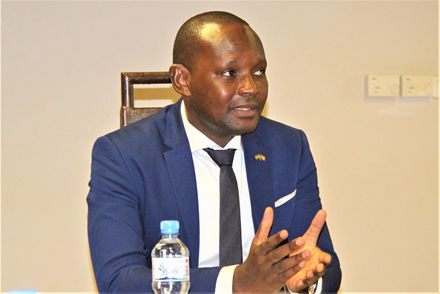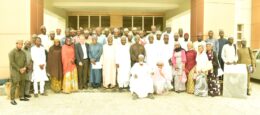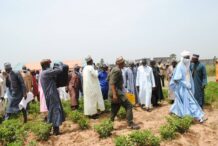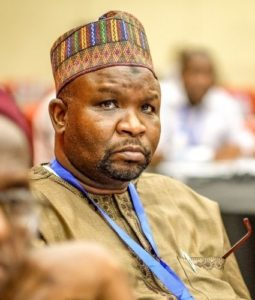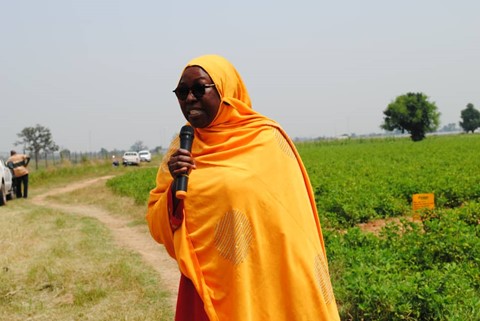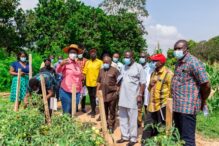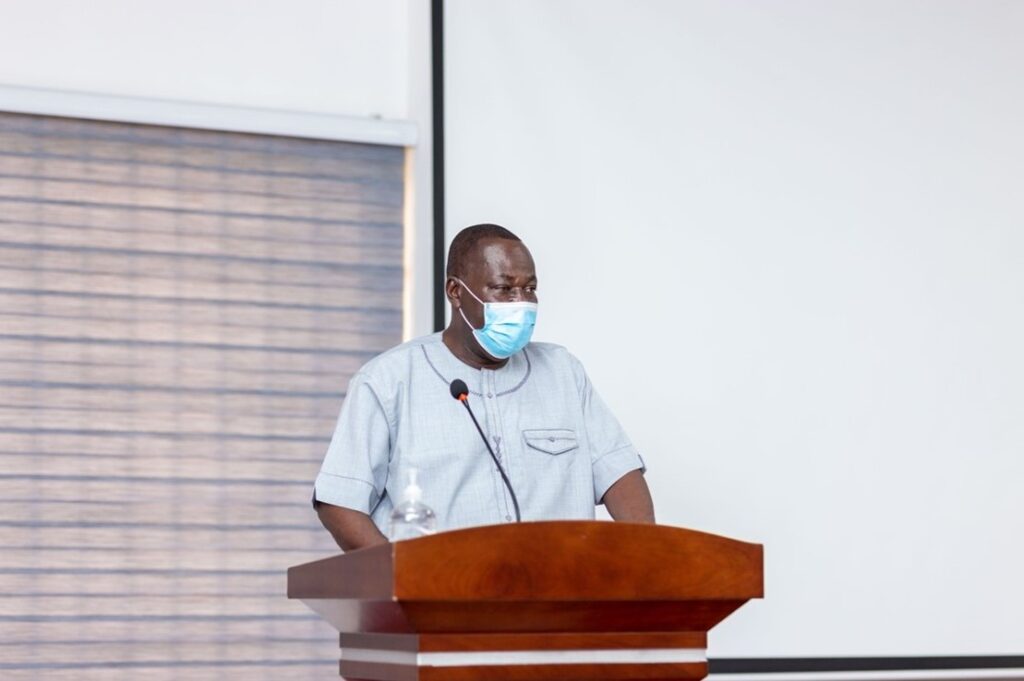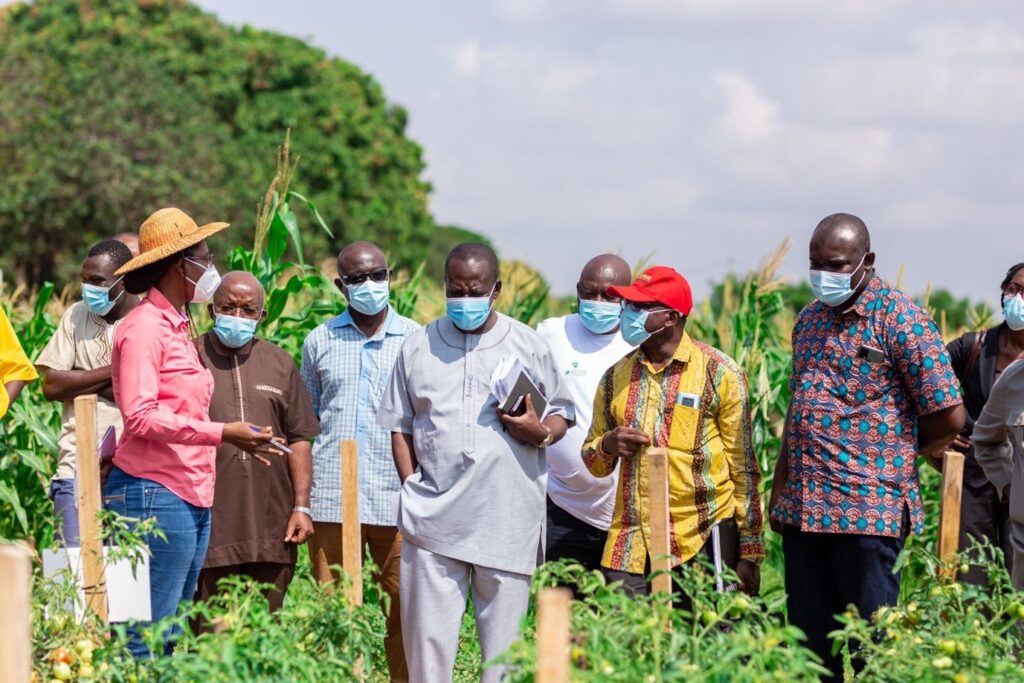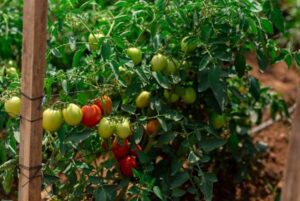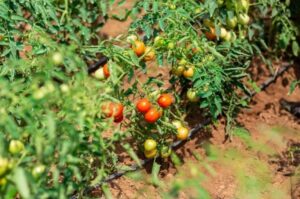CERSA Alumni Association officially launched
CERSA Alumni Association officially launched
The alumni association of the Regional Centre of Excellence on Avian Sciences (CERSA) of the University of Lomé was officially launched on 19 August.
The CERSA Alumni Association, which brings together former students who have obtained their Master’s and/or Doctorate at the Regional Centre of Excellence on Avian Sciences (CERSA) of the University of Lomé, was officially launched on 19th August 2021. The ceremony took place virtually, with selected members physically attending the ceremony whilst adhering to all COVID-19 regulations and guidelines.

Professor Kafui KPEGA, Vice President of the University of Lome addressing the audience
In his welcome address, the Centre Director, Prof. Kokou Tona stated that “CERSA graduates are dedicated to improving the poultry sector and ready to address its challenges.” Prof. Tona reassured the audience that “CERSA is determined to provide innovative ways of conducting research as well as training focused on solving the problems facing the poultry sector”.
Addressing the former students, Professor Kafui KPEGA, 2nd Vice-President representing the President of the University of Lomé entreated the graduates to be exemplary ambassadors of the center. He said, “You will not only have to represent your center with dignity as its ambassadors in your different countries but also you will have to reflect wherever necessary the requirements of rigor, discipline and skills, credo of our institution. Your actions on the ground should confirm the growing good reputation of the University of Lomé in general and CERSA in particular among academic actors in Africa and elsewhere.”
In his remarks, the President of Alumni CERSA, Mr. Bamela Mawoulom TOKOFAÏ noted that, the Association aims to provide a network of poultry science professionals committed to enhancing the African poultry sector with innovative initiatives. He said, “the vision that drives us is that of a professional network of international reference at the service of quality poultry professional training, open to all and working for the professional integration of graduates, and for sustainable development and the development of all. He further noted that, “the general objective of the network is to facilitate the professional integration and mobility of graduates by putting them in contact with each other in a continuous and mutually enriching way, with partner companies, and to allow them to support and learn about the evolution and innovations of the poultry sector”.
Alumni CERSA has numerous members from 11 countries in East, West and Central Africa including Benin, Burkina Faso, Burundi, Cameroon, Chad, Côte d’Ivoire, Gambia, Ghana, Mali, Senegal and Togo.
The Association’s Strategic Plan comprises the official registration of the network, the coordination of activities in all countries where members reside, support to members’ professional progression, the establishment of framework for writing poultry projects and the organization of scientific and/or commercial conferences and symposia.
Also, Secretary General, representing the Minister of Higher Education and Research Prof. Koffi AGBENOTO, urged the members of the association to embark on poultry entrepreneurship, and to initiate innovative projects to become their own employers, and create jobs for other young people.
Authorities present at the ceremony, called on the CERSA graduates to assume a major role in promoting the poultry sector on the continent in a context where imports of poultry products are still heavy in the trade balance of African countries.
